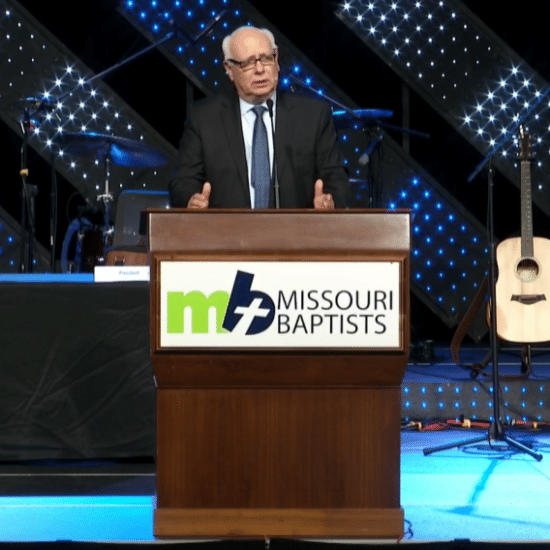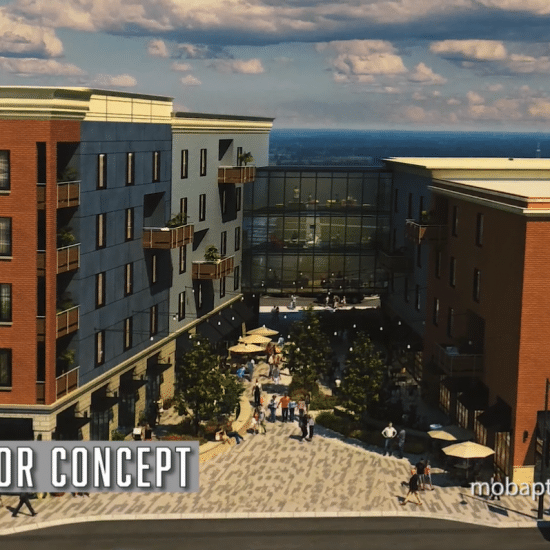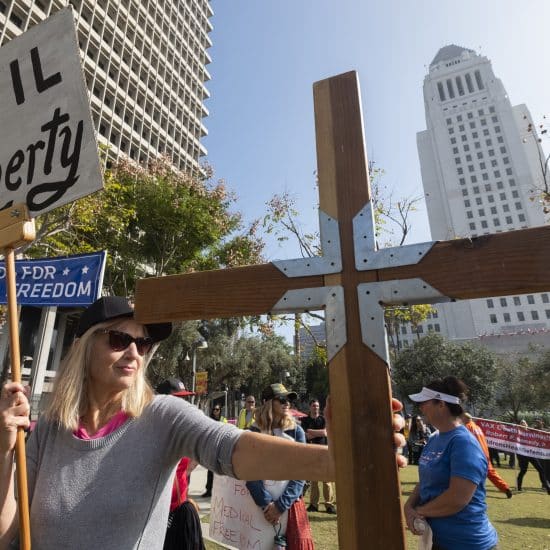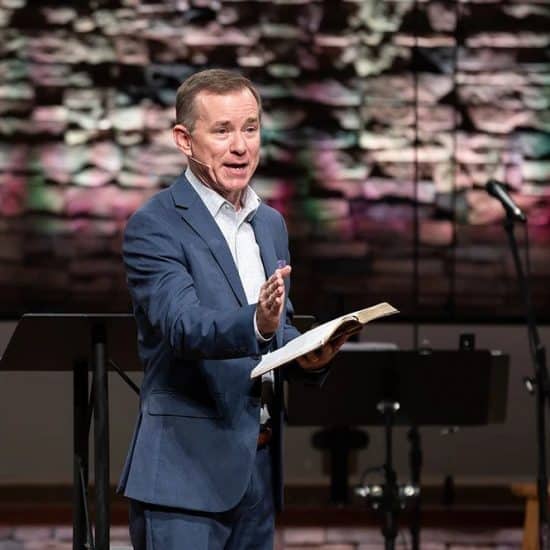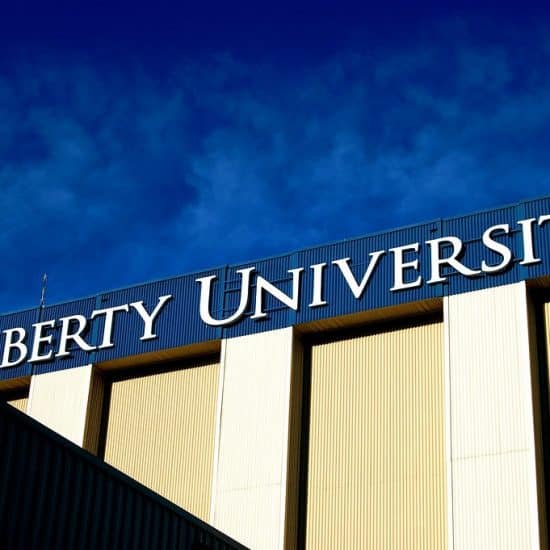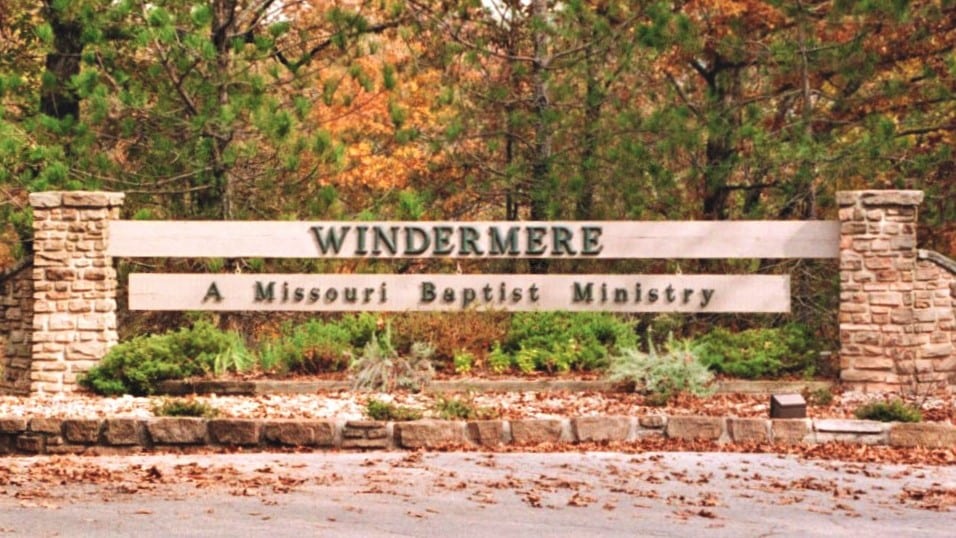
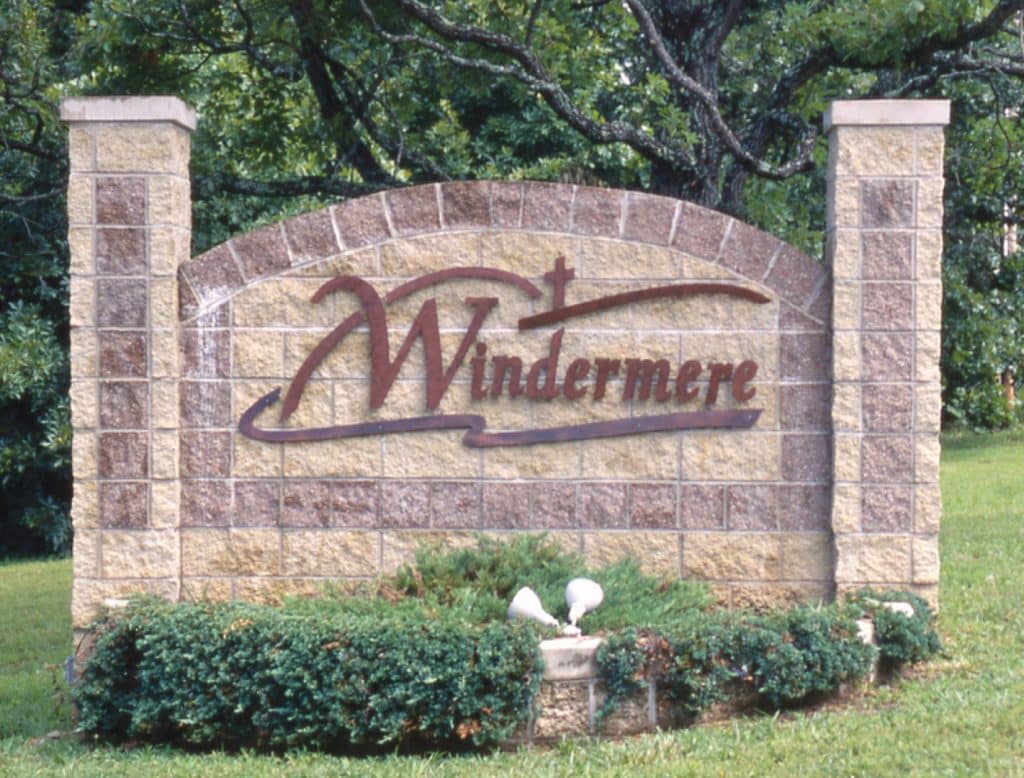
Windermere Baptist Conference Center, located in Roach, Missouri, is an 1,800-bed conference center, situated on 350 acres, on the Niangua Arm of Lake of the Ozarks.
The Missouri Baptist Convention in December regained control of the property and facilities of Windermere Baptist Conference Center in Roach, Missouri, after nearly 20 years of fighting for the campground. However, in its announcement of the purchase through a newly-formed shell company, the MBC lied about its role in the purchase. And the purchase raises new questions about claims MBC leaders used to justify their nearly 17-year litigation against five Baptist ministries in which the MBC used millions of dollars of Cooperative Program money.
The MBC sued WBCC and four other ministries (including Word&Way) in 2002 after the five groups moved to self-perpetuating trustee boards. The MBC filed a second case against WBCC — as well as against several individuals and financial institutions — in another county in 2006. The MBC lost its first case against WBCC in 2009 and its second in 2014. The MBC dropped its case against Word&Way in 2010, and later won cases against the other three institutions, the Missouri Baptist Foundation, Missouri Baptist University, and The Baptist Home.
In addition to the litigation, the MBC also harmed WBCC financially with false claims about WBCC and by interfering in WBCC’s businesses practices. In 2006, WBCC trustees released a document outlining the MBC’s “attempts to harm Windermere,” calling the MBC’s actions “unethical and potentially illegal.” The statement mentioned several times when MBC leaders contacted speakers and camps to discourage them from doing businesses with WBCC. Additionally, the document outlined times when MBC leaders contacted construction companies and financial institutions to discourage the companies from working with WBCC. The WBCC statement also attacked the MBC for “spreading false rumors about Windermere.”
Some of the MBC’s actions detailed in WBCC’s statement formed the basis for a countersuit against the MBC by businessman William Jester in 2008. He accused the MBC of making derogatory statements about his businesses and for taking actions to block his construction plans with WBCC. After Jester died in 2010, his estate won a $500,000 settlement from the MBC in 2012. The MBC did not report the settlement until it was reported on months later by EthicsDaily.com.
Word&Way trustees similarly accused the MBC in 2005 of “tortious interference” in business practices after MBC leaders contacted Baptist organizations to urge them to stop advertising in Word&Way. The trustees decided not to file a lawsuit, but maintained the MBC’s actions were wrong.
“Our trustees feel strongly that the [MBC] Executive Board’s interference in Word&Way’s daily operations is unlawful, pure and simple,” then-Word&Way Editor Bill Webb explained. “Wise stewards do not seek to harm what they truly believe belongs to them.”
Purchase of WBCC
On the Friday before Christmas (Dec. 20), the MBC announced the purchase of the WBCC property by Straightway Holdings, Inc. nine days earlier. SHI is led by Neil Franks, who also serves as president of the Missouri Baptist Foundation. WBCC President and CEO Tim Huddleston started at WBCC in March after serving as an MBF vice president, where he had been hired by Franks shortly after starting as MBF president. Huddleston had been a member at First Baptist Church in Branson, Missouri, where Franks had been his pastor. In the announcement of Huddleston’s hiring at WBCC, Franks urged people to join Huddleston “in restoring Windermere to being a place where all Missouri Baptists and all Christians can find reconciliation and restoration with God and with each other.”
Just a few months later, Huddleston sent a letter of apology to the MBC, claiming WBCC sought “divine forgiveness” and looking for reconciliation. In response, the MBC in August established a task force — that included Franks — to meet with WBCC leaders. Huddleston then appeared onstage during the MBC annual meeting in October to again express his desire for forgiveness so that “we would fully reconcile with the Missouri Baptist Convention.” On neither occasion did MBC leaders reciprocate with an apology.
At the point Huddleston claimed onstage to apologize on behalf of WBCC, the plan for the MBC and MBF to obtain WBCC was apparently already in place. At that same MBC annual meeting, the MBC Executive Board brought motions to messengers to empower the MBF to buy real estate and to set up a shell company. Those votes allowed the creation of SHI the next month.
While Huddleston appeared with MBC leaders in the name of “reconciliation,” he ignored numerous contacts from Word&Way and key donors who had supported WBCC while the MBC sued and attacked the organization. WBCC trustees contacted by Word&Way in the weeks prior to the finalizing of the purchase refused to comment, instead promising that Huddleston would respond. He never did. Huddleston also ignored a request for comment for this article.
The announcement of the purchase of WBCC by an MBC publication said that the MBF had incorporated SHI. The statement also claimed the MBC was not involved: “The Missouri Baptist Convention itself is not involved in the new ownership structure at Windermere.” Franks repeated that claim in a Jan. 14 interview with an MBC publication, saying “The Missouri Baptist Convention was not part of the transaction and has incurred no debt or any ongoing obligations related to the transactions.” However, those statements are not accurate.
According to the Missouri Secretary of State’s office, SHI was created on Nov. 15 by Michael Whitehead, legal counsel for the MBC. Additionally, SHI’s Articles of Incorporation for the new tax-exempt non-profit organization clearly state the MBC’s involvement.
“The purpose of Straightway Holdings, Inc. (SHI) as an entity related to Missouri Baptist Convention and Missouri Baptist Foundation, is to glorify God by engaging in transactions involving real and personal property which advance, are compatible with, and are supportive of the religious and charitable purposes of the Missouri Baptist Foundation, the Missouri Baptist Convention, and its statement of faith,” the document reads.
The Articles of Incorporation add that the MBC is “the sole member” of SHI with the right to elect trustees and approve changes to the governance documents. Both the MBC president and executive director are given the right “to serve as a non-voting ex officio Trustee of the SHI board.” The document says the trustees for SHI are to be the MBF trustees elected by the MBC, adding that “SHI and its trustees have a fiduciary relationship to the Missouri Baptist Convention.” And the MBC is named as having the right to approve or reject “the sale, mortgage, lease, pledge, or transfer” of SHI assets.
Franks did not respond to a Word&Way request for comment.
Although SHI now owns the real estate and personal property formerly held by WBCC, the corporation known as WBCC appears to still exist as paperwork has not yet been recorded by the Secretary of State’s office to dissolve the corporation that no longer owns the campground. But that means the name Windermere Baptist Conference Center might not be available to the new owners, even though the WBCC website and Facebook account still uses that name.
In the announcement of the purchase, the MBC said SHI would not run the facilities but would instead lease it to another newly-created company, Arukah Cove, Inc. That corporation, which does not include MBC or MBF oversight in its Articles of Incorporation, was created on Dec. 6 by former WBCC trustee Tim Mensendiek. Arukah then on Dec. 13 filed with the state the registration of a fictitious business name to also do business under the name of Windermere Conference Center (without the word Baptist). The MBC has not reported if it approved the leasing of SHI’s property to Arukah.
A board member for the WBCC corporation that formerly owned the campground told Word&Way that they did not learn of the sale of the land and property — nor about the purchaser — until receiving an email from Word&Way nearly two weeks after the sale. The board member also said that while the board had supported Huddleston’s vision for reconciliation, they had not envisioned that as returning to MBC ownership.
Broken Promises
By obtaining control of WBCC, the MBC inadvertently proved their nearly 17-year litigation against five Baptist ministries was based on yet another false claim: that the lawsuits were the only way to regain the institutions. Other broken promises made by MBC leaders at the start of the litigation include that the litigation did not violate 1 Corinthians 6 since they were not suing individuals (which they later did), and that they would not use Cooperative Program money to fund the litigation (which they later did).
In an Aug. 13, 2002 open letter explaining the filing of the lawsuits that day, then-MBC President Robert Curtis claimed the MBC had to sue since the actions of the institutions were “leaving no choice but to select a civil judge.” Two months later, after a messenger made a motion at the MBC’s annual meeting that the MBC end its lawsuits, Curtis incorrectly claimed before the vote that voting for the motion would end all of the MBC’s efforts to recapture the institutions. The pastor who made the motion (now the editor of Word&Way) approached the microphone and corrected that the motion would only end the lawsuits, not other efforts to regain the institutions.
MBC leaders continued for years to make this claim of having no other option. In the MBC’s official Agency Restoration Group video report at the 2013 annual gathering, MBC employee Rob Phillips called the lawsuits “a last resort” to regain the institutions.
“We all know that legal actions were a last resort,” Phillips repeated in the next year’s video report, before repeating the “last resort” claim in the 2015, 2017, and 2018 video reports.
John Yeats, MBC executive director, also voiced this claim in the 2016 video report: “It’s good to keep in mind that after all other efforts were exhausted, litigation was always our last resort.”
However, more than five years after that “last resort” against WBCC ended, the MBC managed to regain the campground without the expense of CP-funded lawsuits against individuals and others. Yeats did not respond to a Word&Way request for comment.
Brian Kaylor is editor and president of Word&Way.

